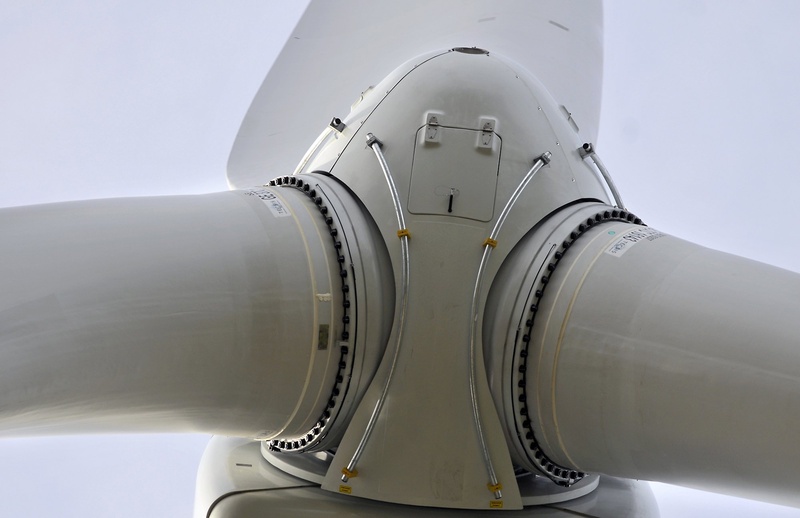An environmental group’s report on the benefits of off-shore wind power made a couple of interesting findings.
One is that even if only partially exploited, strong winds off the Atlantic Ocean could generate much of the electricity needed for the population centers of the East Coast.
Another was that the list of 11 states with the best potential for off-shore wind does not include Maine.
This comes as some surprise, given the amount of attention and public investment Maine’s off-shore wind resources have received in recent years. But a look inside the report issued by the environmental group Oceana reveals why Maine isn’t there.
It’s not because the wind doesn’t blow here. According to the researchers Maine has the potential to generate nearly 39,000 megawatts, with only North Carolina coming close with a potential 37,000 megawatts.
And its not because Maine doesn’t have the need to find alternative energy sources. With about half of electric generation coming from natural gas, the state has an interest in diversifying its portfolio.
The reason Maine was not on Oceana’s list is because of the depth of the water off our coast, but that is also our greatest advantage. Because all the other contemplated wind projects are near-shore proposals, they use existing technology such as that employed in Europe.
The University of Maine’s deepwater wind lab is developing technology that is not yet proven, but has an opportunity to leap-frog other states’ efforts.
Near-shore wind, like mountain-top wind in Maine’s interior, is hard to site. The nation’s first permitted off-shore wind project, Cape Wind in Massachusetts, was embroiled in a nine-year regulatory process and is now the subject of lawsuits.
Deepwater wind farms can be set up beyond the horizon and have the potential to side-step the regulatory hassles that other projects have endured.
They also could be big enough to produce enough energy that would provide power at an affordable price.
Even though Maine was left off the list, the Oceana report strongly suggests that off-shore wind is a strong candidate to reduce fossil-fuel consumption and meet energy needs.
Maine’s strategy to develop deep-water technology offers a way to do it on a large scale without the regulatory hurdles other states will likely face. That could move it right to the top.
Send questions/comments to the editors.



Success. Please wait for the page to reload. If the page does not reload within 5 seconds, please refresh the page.
Enter your email and password to access comments.
Hi, to comment on stories you must . This profile is in addition to your subscription and website login.
Already have a commenting profile? .
Invalid username/password.
Please check your email to confirm and complete your registration.
Only subscribers are eligible to post comments. Please subscribe or login first for digital access. Here’s why.
Use the form below to reset your password. When you've submitted your account email, we will send an email with a reset code.